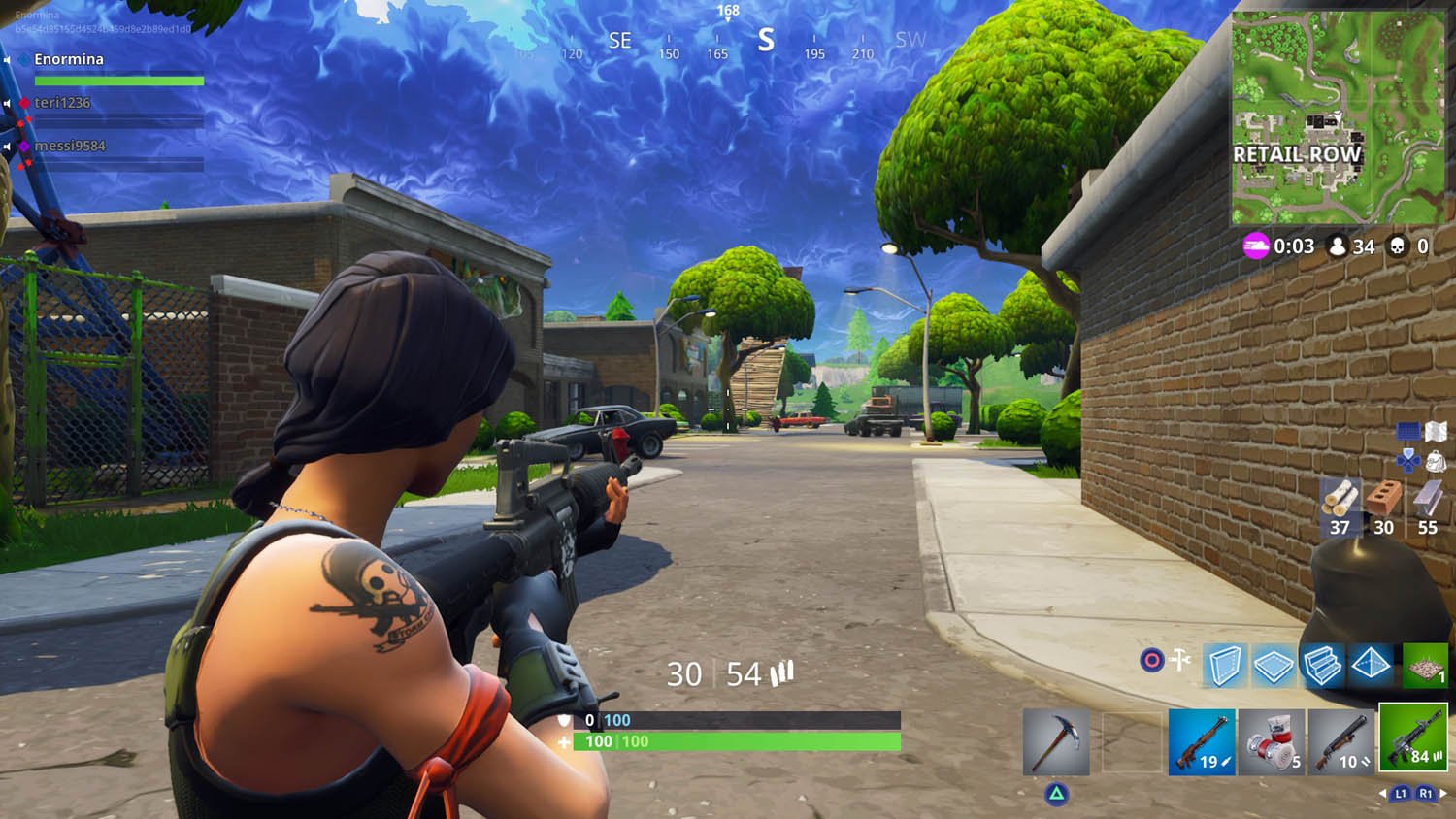How playing video games affects your body and brain

Video games are by many measures one of the most popular and commonly enjoyed forms of entertainment of our time, yet there’s a lot of controversy around them.
In the wake of tragic events like the school shooting in Parkland, Florida, political figures like President Donald Trump have declared they want to investigate links between video games and violence.
“I’m hearing more and more people say the level of violence on video games is really shaping young people’s thoughts,” Trump said after the Parkland shooting.
President Obama had similar questions after the Sandy Hook school shooting in Newton, Connecticut.
“Congress will fund research into the effects that violent video games have on young minds,” he said at the time, also calling for policies that would ban the purchase of military-style weapons and improve background checks for firearm purchases (changes that could have an impact on gun violence).
Even the World Health Organization has considered adding “gaming disorder” to a list of mental health conditions, stating that problematic gaming behavior might cause problems in other areas of people’s lives.
But many other people have pointed out that some types of games offer benefits, including the potential to improve people’s ability to pay attention and process visual information.
For all of these reasons, people have lots of questions surrounding what science says about the effects of video games. Do games cause violence or aggression? Are they addictive? Are they healthy ways to relax and de-stress? Could they improve brain processing speed?
Similar questions have arisen after every new form of media appeared — including television, movies, pop music, comics, and even books.
Fortunately, there’s a fair amount of research that about how video games affect our brains and bodies. Here are the most important takeaways.
SEE ALSO: 14 of the biggest myths about sleep, debunked
Many kids and adults play video games — they’re not just of interest to young men.
According to the Entertainment Software Association’s (ESA) 2017 survey:
- 65% of households have at least one member who plays games three hours a week or more, and the average gamer is 35 years old.
- Of the “gaming” population, there are more adult women (31%) than boys under 18 (18%).
- Of people who play video games, 59% are male and 41% are female.
Some studies link playing violent games to slight increases in aggression — though aggression is not the same as violence.
One review of research by the American Psychological Association found that people who played violent video games were very slightly more likely to engage in aggressive behavior (actions like playing a loud sound that people they were competing against could hear over an audio system). However, the APA said playing games was not enough to cause aggression.
Other studies have found no link between game violence and violent or aggressive thoughts. Some researchers, like APA member Chris Ferguson, have even disputed findings connecting games to aggression, saying many of the studies that drew such conclusions had methodological problems.
Either way, aggressive behavior is not the same as violence.
The release of games like Grand Theft Auto doesn’t seem to increase crime rates — and may do the opposite.
A 2015 study found that in the months after popular violent video games are released, aggravated assault and homicide rates tend to drop. The researchers behind the study said the explanations for this correlation are complicated. Some scientists think people might experience some aggression-reducing catharsis from playing violent games; others say that aggressive people might seek out violent media and then play games instead of engaging in behavior that might lead to criminal activity.
Either way, there doesn’t seem to be any increase in criminal activity associated with playing games.